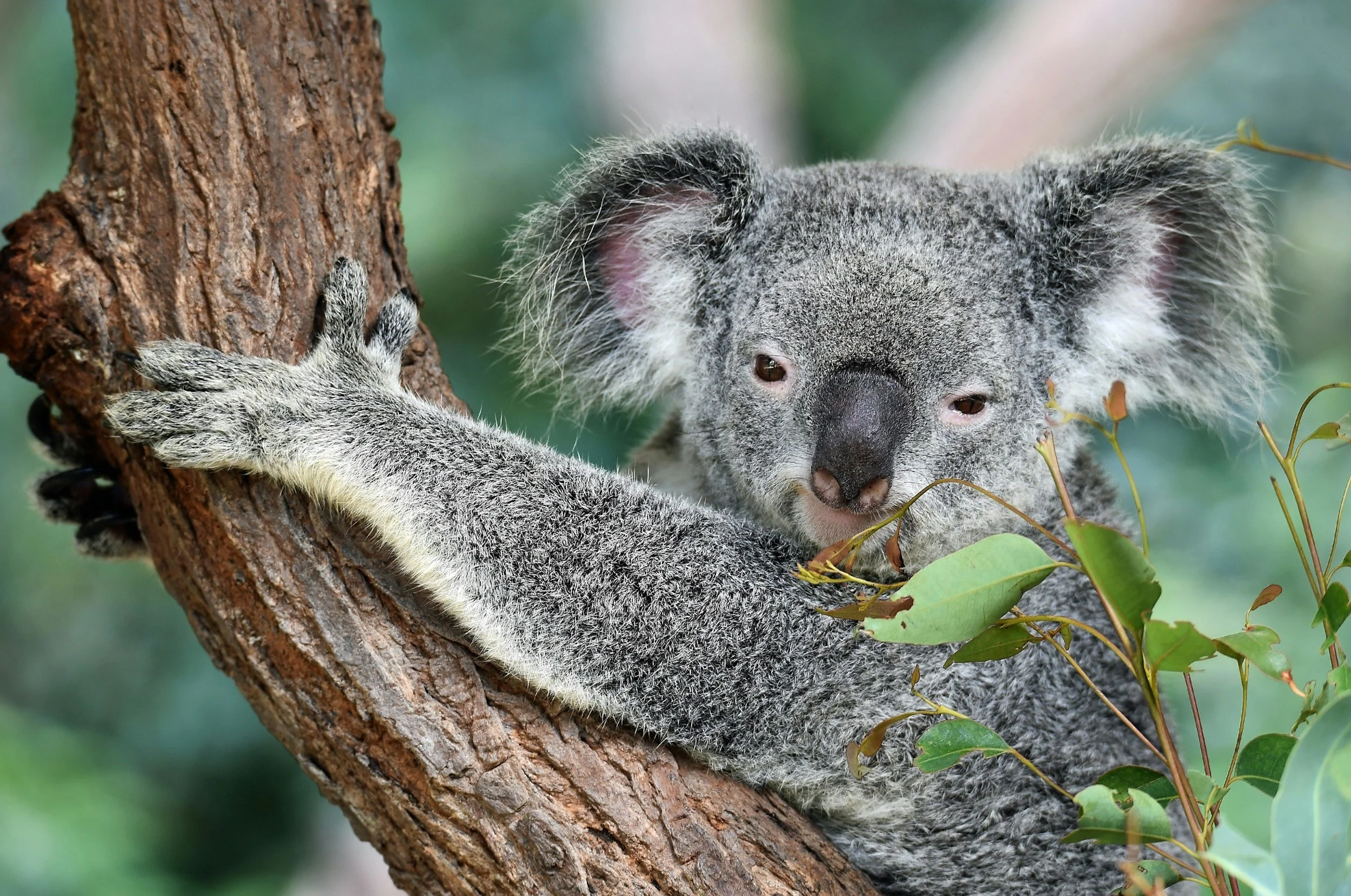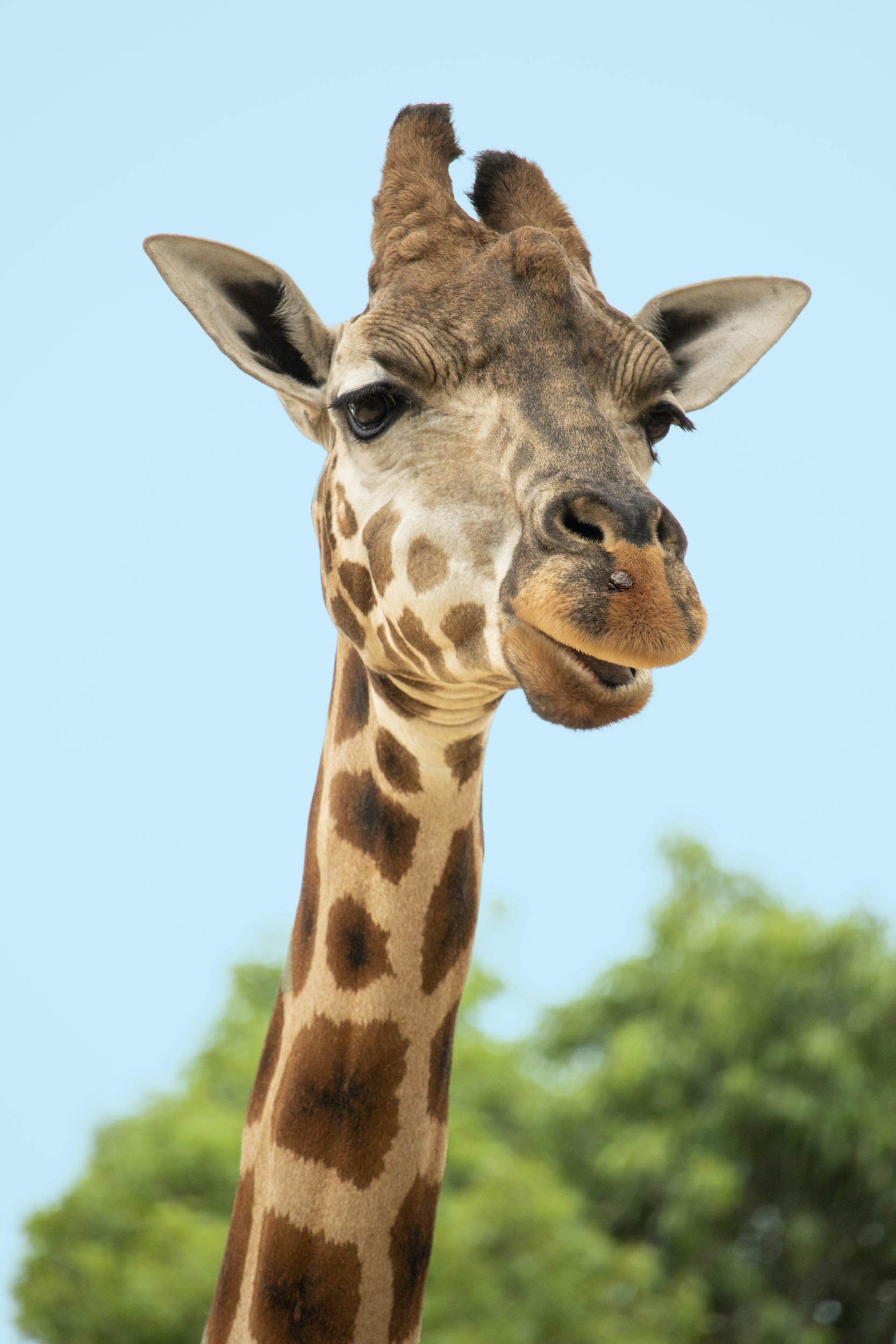

Improved fertility diagnostics could boost bird conservation breeding programmes, say scientists
A new analytical method is revealing how conservationists can further boost breeding programmes dedicated to saving some of the world’s most threatened species, according to new research led by the University of Sheffield and ZSL.

Breakthrough in Avian Influenza Control: Vaccination Trial Offers Lifeline for New Zealand’s Rarest Birds
New Zealand veterinarians and scientists have achieved a world-first breakthrough by successfully vaccinating critically endangered bird species, including the kākāpō and takahē, against avian influenza. The trial showed strong antibody responses in four species, offering hope for preventing extinction from H5N1 outbreaks. This landmark initiative highlights the vital role of veterinary medicine in wildlife conservation and ecosystem protection.

World-First Koala Chlamydia Vaccine Approved
Australia has officially approved the first-ever vaccine to protect koalas from chlamydia, a breakthrough that could change the future for one of the country’s most iconic—and endangered—wildlife species.

Wildlife researchers train AI to better identify animal species in trail camera photos
Oregon State University scientists have improved artificial intelligence’s ability to identify wildlife species in photos taken by motion-activated cameras.
Their study, which introduces a less-is-more approach to the data on which an AI model is trained, opens the door to wildlife image analysis that’s more accurate and also more cost effective.

Avian influenza discovered in New York bobcats
Avian influenza – which has devastated poultry flocks, wildlife populations and increasingly poses a public health risk – has now been confirmed in wild bobcats in New York state.

Unexpected discoveries in study of giraffe gut flora
The gut bacteria of giraffes are not primarily determined by what they eat, but by the species they belong to. This is shown in a new study from Uppsala University and Brown University in which researchers have analysed the link between diet and gut flora in three giraffe species in Kenya. The study also provides new knowledge that can help secure the food supply of endangered giraffe species.

